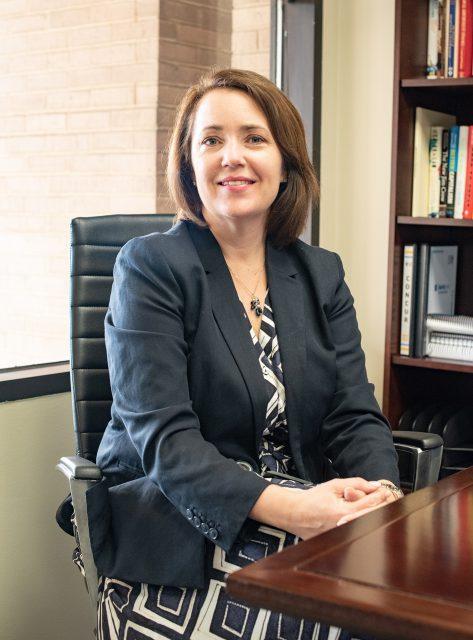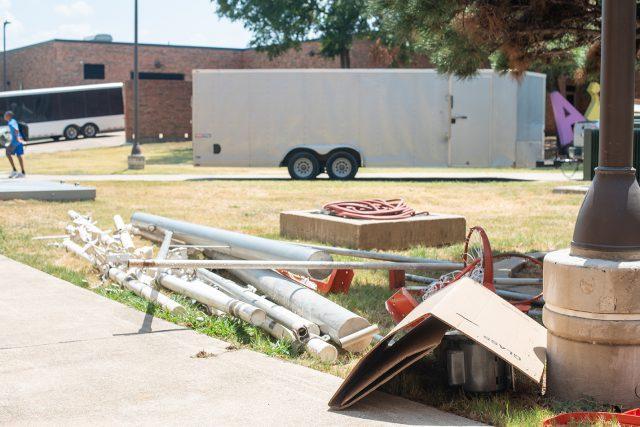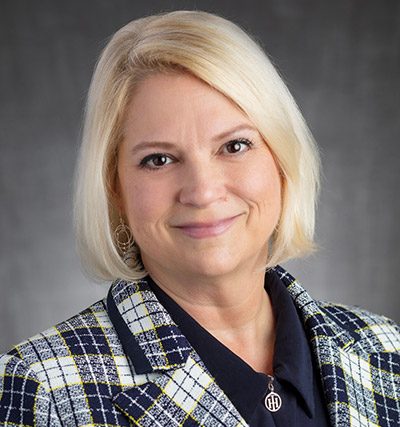Title IX changes
All employees at institutions of higher education in Texas are required to report incidents of sexual harassment, sexual assault, dating violence and stalking against students and employees.
The Chancellor is required to report to the Board of Trustees every semester on the number of incidents, disposition, and disciplinary action taken.
Makes it a misdemeanor crime for an employee who fails to report or makes a false report.
Requires the institution to terminate the employment of the employee who knowingly fails to make the report with the intent to harm or deceive, or knowingly makes a report that is false.
Provides confidentiality for reporting students and employees, victims and witnesses and protects their names from disclosure.
Imposes potential criminal liability and substantial fines to institutions who are not in substantial compliance
Provides additional layers of protection, reporting and support for victims in the event of sexual misconduct.
By Gunner Young/campus editor
Changes to the federal anti-discrimination law Title IX are going into effect in Texas on Sept. 1, and the new rules will change the way that sexual misconduct is reported on college campuses.
Instructors and other staff are required by law to write a report over any signs of sexual harassment, sexual assault, dating violence and stalking abuse regardless of whether or not the victim wants it written or not.
An expert on Title IX and NW assistant professor of government Paul Benson said that the changes have more to do with how report filing are being enforced, and less to do with the requirements.
“I’m not sure there are even changes in the requirements to report but it would seem it is now being enforced.” Benson said.
One of the things that is being enforced is faculty members’ comments about students appearance. Chief Title IX officer Ricardo Coronado recommends faculty to be cautious.
“Even if the comments were a mild innuendo, an innocent joke or a light teasing in your mind, the question is how the student perceived them.” Coronado said.
Though the faculty’s comments on student appearance is not being strictly enforced, there is extra emphasis on caution.
“Common sense would have told us not to do that for the last 10 years.” Benson said.
Another focal point of the new legislation has to do with the
punishment involved in a failure to make a report or makes a false report.
The offending faculty member is now required by law to be fired, and can also be fined and even jailed.
“[The change] requires the institution to terminate the employment of an employee who knowingly fails to make the report with the intent to harm or deceive, or knowingly makes a report that is false, Coronado said.
The law also requires Title IX violations to be reported to the Chancellor on a quarterly basis, and they are required to report them to the Board of Trustees every semester or else they risk being sent to jail.
“It would be shocked if there was actually jail time unless it was a really egregious case,” Benson said.
As part of their training, faculty had to attend a four-hour meeting before the fall semester began that was intended to familiarize them with the new rules.
NW geology instructor Josh Fairbanks acknowledged the timing of the meeting, but also saw the benefit of it as well.
“A lot of the faculty were annoyed at the timing of the meeting since they needed that time to prepare for the beginning of the semester, but I’m one of the few that was glad we got it done.” Fairbanks said. “It’s important.”
NW student Briette Johns believes the positive things that will come with the new changes outweigh the negative.
“I feel like the stand being taken on the sexual abuse is a good stand, and that it might bring out more issues that have been happening in the school system.” Johns said.
The overall impact of the new changes are intended to make TCC a safer and more comfortable space for students.
“The law provides confidentiality for reporting students and employees, victims and witnesses and protects their names from disclosure.” Coronado said. “Its overall impact will positively impact our students in that it provides additional layers of protection, reporting and support for them in the event of an incident of sexual misconduct.”
































